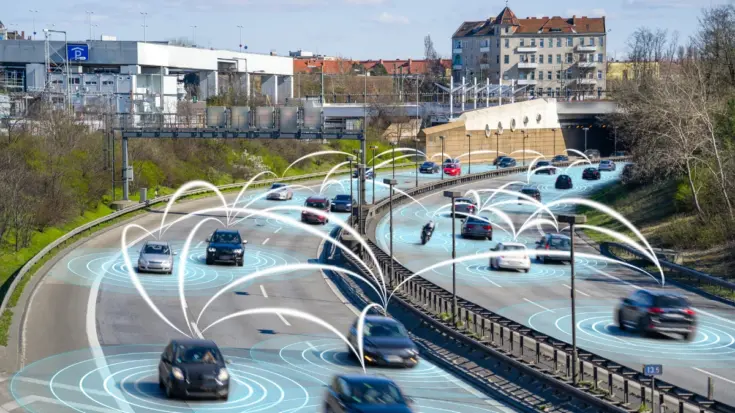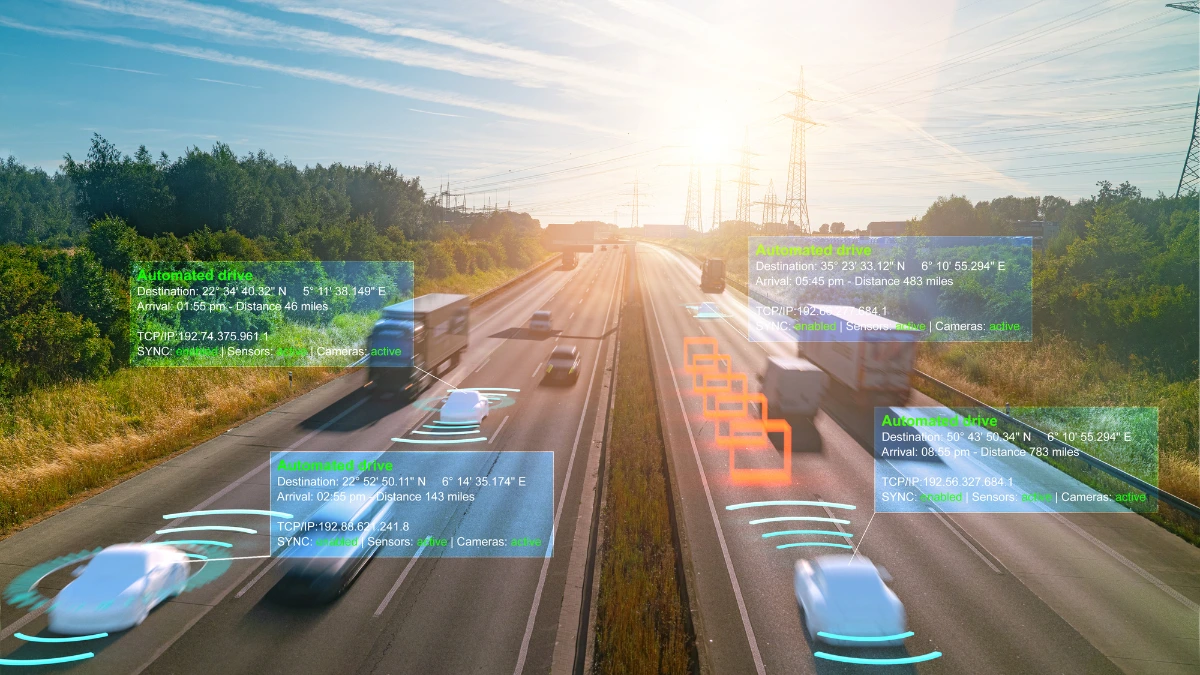A Dedicated Short-Range Communication (DSRC) provides many benefits, especially the ability to allow vehicles to communicate with each other and provide information about potential hazards. However, the advantages and disadvantages of DSRC cannot be easily separated, even though the benefits are evident.
The advantages and disadvantages of DSRC include real-time communication, location-based services, and improving safety, while the disadvantages include limited coverage, infrastructure dependency, and high implementation costs.
This article will inform you about some of the advantages and disadvantages of DSRC that you can consider.
The Advantages and Disadvantages of DSRC

Like any other technology, Dedicated Short-Range Communication (DSRC) has several advantages that can be utilized and disadvantages to consider.
The advantages of a DSRC include real-time communication, location-based services, and improving safety, while the disadvantages include limited coverage, infrastructure dependency, and high implementation costs. Here are the advantages and disadvantages of DSRC:
The Advantages of DSRC
Here are some advantages of a Dedicated Short-Range Communication (DSRC):
1. Real-time communication

One of the advantages of DSRC is real-time communication. This device enables fast communication in just a few milliseconds between vehicles (Vehicle-to-Vehicle / V2V) and between vehicles and infrastructure (Vehicle-to-Infrastructure / V2I).
2. Efficient traffic
Efficient traffic is one of the advantages of DSRC. Its ability to communicate and share information via V2V and V2I optimizes traffic flow, as drivers can obtain information about road conditions, traffic jams, or route changes, thereby affecting travel time.
3. Location-based services
With DSRC, you can access information about various location-based services. This device can be useful for automatic toll payments, parking information, or customized navigation.
4. Improving safety
Improving safety is one of the advantages of DSRC. Although it is radio frequency-based, there is no need to worry because DSRC is designed with security features to protect transmitted data, prevent hacking, and ensure the reliability of information.
5. Improving safety
Another advantage of DSRC is improving safety. With instant information provided by both V2V and V2I regarding accident warnings or dangerous road conditions, drivers can anticipate potential accidents and prevent them, thereby improving driving safety.
The Disadvantages of DSRC
Here are some disadvantages of a Dedicated Short-Range Communication (DSRC):
1. Limited coverage

One of the drawbacks of DSRC is its limited coverage. This device has a fairly short range, so it requires many access points to cover a large area.
2. Potential interference
Potential interference is another drawback of DSRC. Environmental conditions such as bad weather or physical interference can significantly affect the device’s ability to function optimally.
3. Infrastructure dependency
DSRC requires adequate infrastructure, such as base stations and access points, to function properly. If this infrastructure is not in place, the device cannot be used in your area.
4. Slow adoption
Slow adoption is one of the drawbacks of DSRC. The automotive industry and regional infrastructure need to adopt this technology. However, the parties involved are still relatively new to it, which hinders its widespread adoption.
5. High implementation costs
One of the drawbacks of DSRC is the high implementation costs. Building infrastructure for DSRC devices requires significant costs, especially on a large scale. This is also a factor contributing to the slow implementation of this technology.
Those are the advantages and disadvantages of DSRC to consider before deciding to use them.
Despite its limitations, DSRC is useful for real-time communication and location-based services to improve safety.

